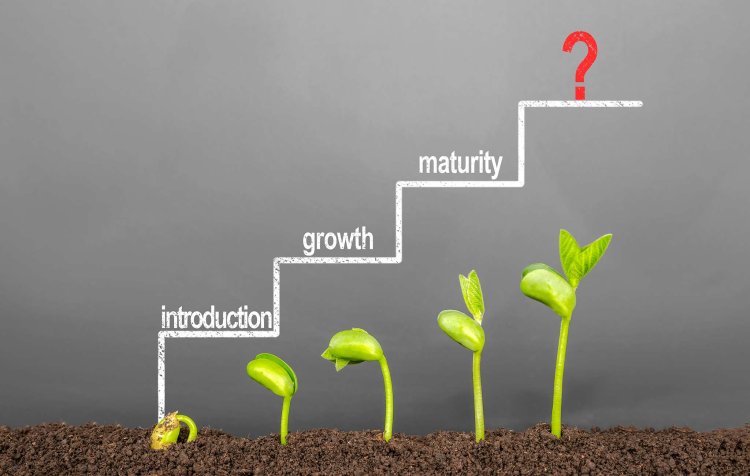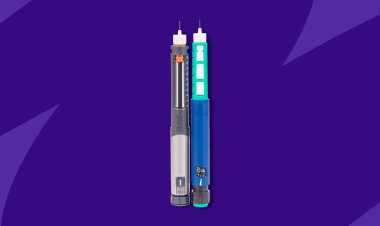Different Stages of Career Development
Late-Career/Decline Stage. This stage is characterized by lessen career importance and the employees plan for retirement

One perspective on one's working life is the career stage method. A person's life or career might be defined in part by the events, struggles, and responsibilities that are typical at various stages.
When an organisation hires someone to work in any of its cadre grades for a significant amount of time, it has a responsibility to show interest in and take positive steps towards the employee's career development from the moment it begins. There are flaws in a stage model of professional advancement. It is generalizable to the average person. Since every person is different, their life experiences may vary greatly. As a result, there is a wide variety in the career growth stages that people experience. Career progression can be broken down into four broad categories, however, when considering the needs of the general population.
1. Exploration Stage
When a new employee enters a company, they enter this phase. The "information gathering" phase of career exploration describes this time perfectly. This period is the formative years of a new employee's career and can be thought of as the 'budding' stage. As a result, it is crucial for a business to be able to support the behavioural and operational shortcomings of a new recruit in order to help him develop over time. At this point, it is the duty of the company to see to it that the employee's worries are addressed. Help is given so that he or she may become settled in and make a name for themselves. Employees receive induction-training at this point, which may take the shape of acclimatisation programmes, formalised training, or on-the-job instruction at the institution. Unfortunately, many businesses see a significant turnover rate during the testing phase. Workers at this phase of their careers thrive when given the freedom to do new things on the job.
2. Establishment Stage
The following stage is development and establishment. It's also referred to as the "blooming" or "progressing" phase. This entails developing one's skills and gaining traction in one's chosen field. At this point in development, the person's focus shifts to things like success, productivity, and promotion. At this point, the person is highly motivated to advance in his or her chosen field, which leads to increased production and professional advancement within the company.
At this point, it is ideal for workers to accept positions of more responsibility and complexity, where they may put their skills to good use. Employees are encouraged to take risks and think outside the box by being given demanding tasks. At this point, it's crucial for businesses to provide their employees a fair amount of independence to foster a culture of initiative and pride in one's work. During this time, new hires should be given as many opportunities to learn about the company and develop a positive outlook as possible. It's also important to give them tasks that truly put them to the test of their abilities and skills.
Those who have all the management talent and wish to assume managerial positions could be given the right training and development opportunities to make the transition from technical work to management employment. Programmes designed to aid managers at this level are called "Management Development" programmes. They also receive instruction in their particular field, allowing them to maintain and improve their level of expertise. Thus, in the early stages of a company's existence, a well-executed career development process is crucial to retaining a large workforce and inspiring a culture of loyalty and dedication.
3. Maintenance Stage
Employees at this stage of their careers are working hard to maintain their reputations. By and large, people in the middle of their careers tend to stick to the same routines they developed earlier in their careers. This person's goal now is to keep his or her current job inside the organisation. There is little expected to change at this point in one's career. Midlife crisis is another name for this situation. At this juncture in their careers, many people reevaluate where they are in relation to where they wanted to be. Individuals at this stage are assisted and given technical training to modernise their skill sets.
Employees are urged to avoid early stagnation and decline by expanding their skill sets and updating their knowledge in light of environmental shifts. From here on out, only executives and managers who have proven their stability and maturity will be allowed to advance to the next level of their careers, which is referred to as the "full bloom" stage. People at this level of the super time scale typically work on high-level policy and programming projects. At this point in a person's career, they are transitioning from a highly specialised to a more broadly advisory role, and the organisation must do everything it can to ensure their success by giving them more responsibility and more opportunities to improve their performance.
At this strategic planning and advising level, businesses must ensure that workers have opportunities to pursue their personal and professional goals. As a result, workers are more likely to give the company their all. At this point in one's professional life, the focus of developmental strategy shifts to things like policy formulation, programme design, evaluation, and issue solving. Therefore, it is essential to invest heavily in higher education with the goals of increasing competence at one's chosen career and fully equipping oneself to assume a leadership role. At this point in one's career, one often takes on a more spiritual outlook, feeling a greater calling to serve the greater good.
4. Late-Career/Decline Stage
Workers in this phase start thinking about retirement and trying to find their own identity outside of the workplace. At this point, workers start to worry that they will be given less responsibility at work. Therefore, career development in this phase is aimed at assisting workers in mentally preparing for retirement and accepting the decreased role and duties, so that they may settle comfortably in with their families and the larger community once they leave the workforce. The key focus of the career development process at this juncture is managing retirement rites in a way that does not ruin the employee's sense of self-worth. So that people can continue contributing their expertise, experience, and insight to the greater good after retirement, it is possible to place them in part-time positions either within or external to the parent company.













